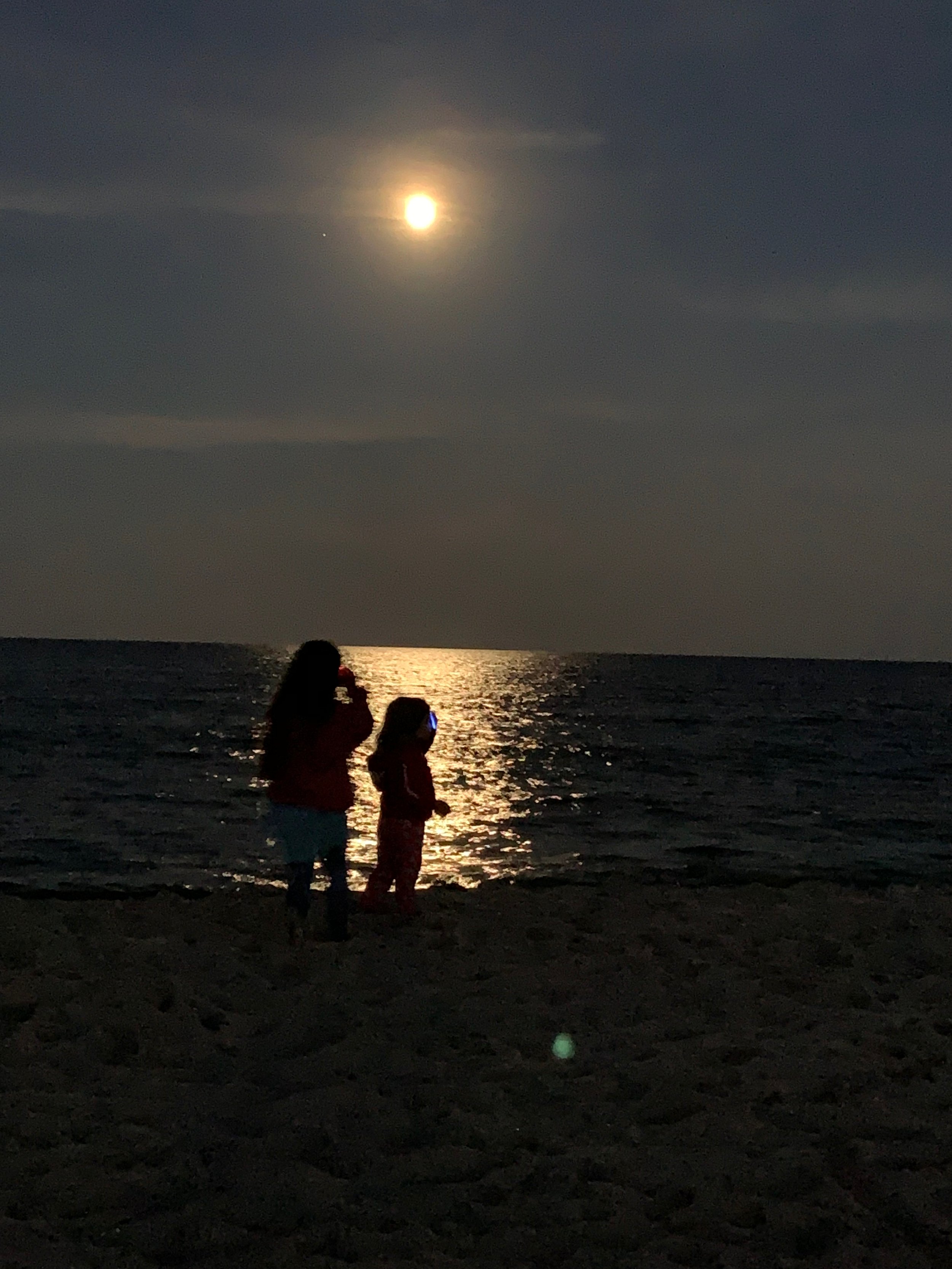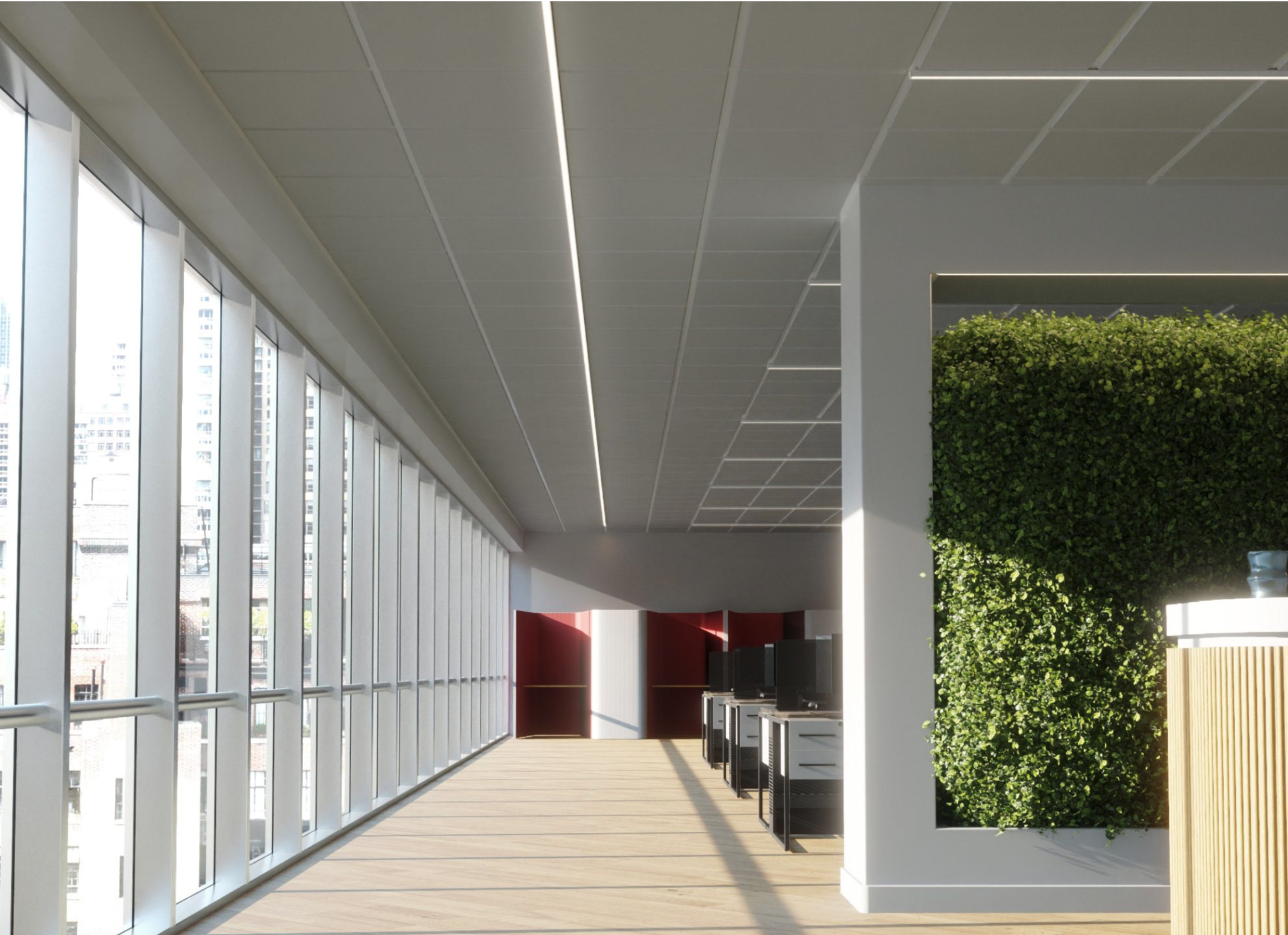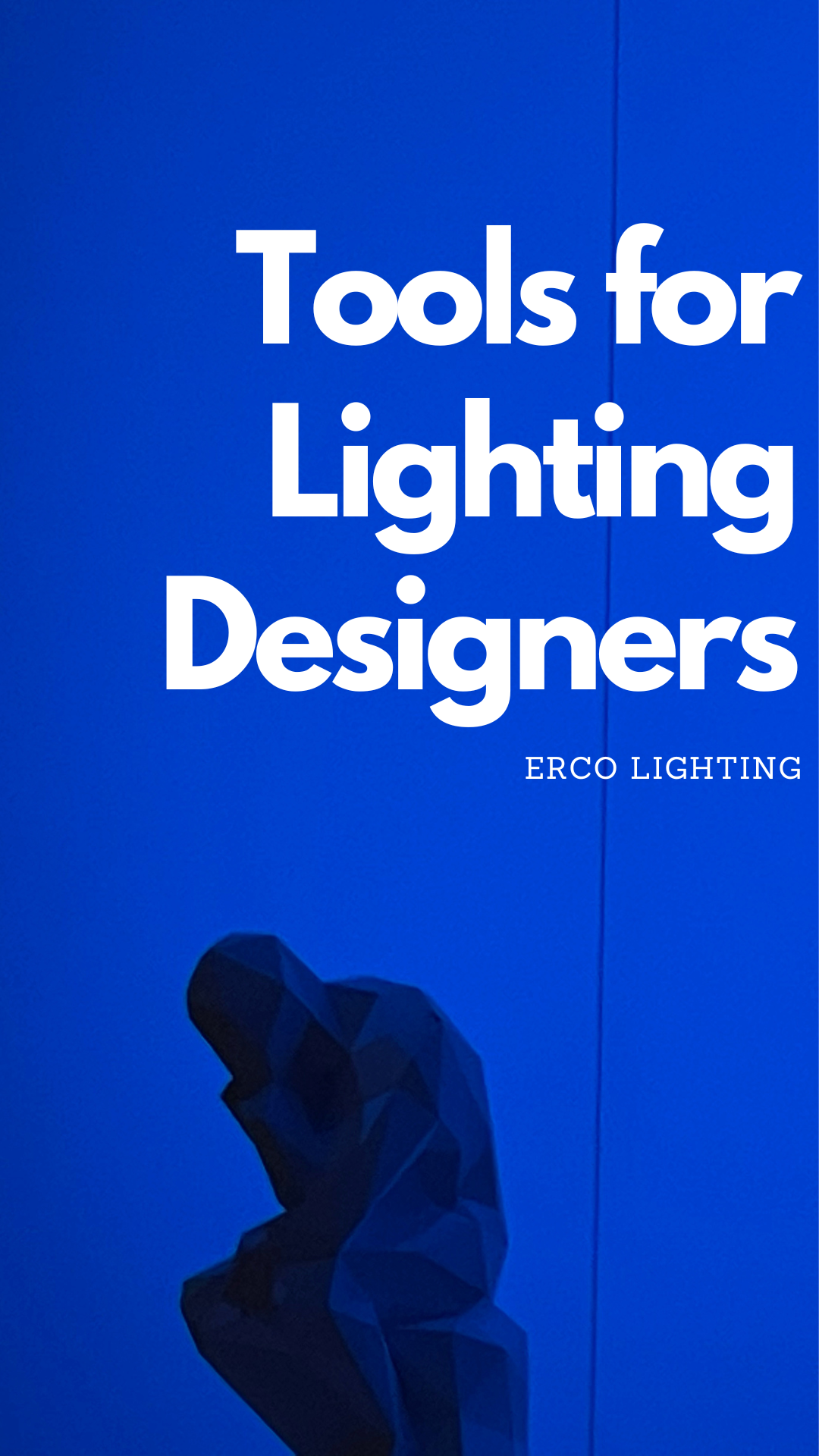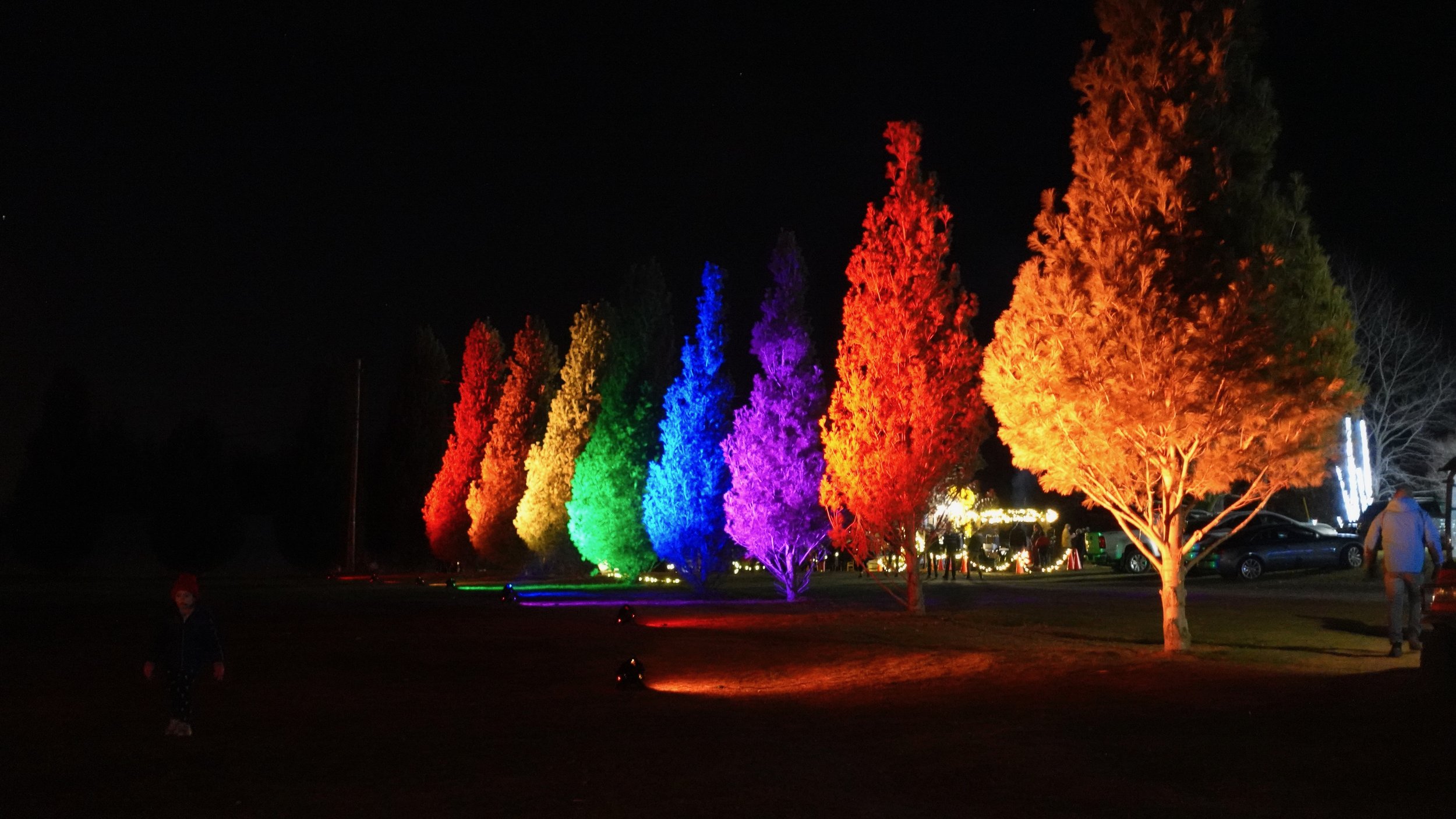The Real Reason We’re Losing Our Night Skies
Lighting designers don’t want to be the killers of the night sky. For the most part, Dark Sky regulations have been championed by lighting designers. Outdoor lighting manufacturers have also embraced created “Dark Sky Friendly” luminaires. Unfortunately, this alone will not save the night sky. Without a real embrace of darkness, we will lose the stars in favor of a false sense of safety and the will of commerce.
Dark Sky luminaires overnighting a parking lot at night.
In the specification lighting world, we’ve been focused on eliminating uplight; while this might be helpful in reducing unwanted sky glow, it’s not nearly the main contributing cause of our loss of the night sky.
The primary cause of light pollution is simple: we over-light our nighttime environments. There are many reasons for this, but chief among them is we are lighting outdoor spaces for cars and not for people.
We have all seen hundreds of parking lots lighted through the night (no matter how busy it might be) to ridiculously high light levels in the name of safety. This is often done with new LED luminaires that are Dark Sky compliant, but concrete is reflective, and in the aggregate, thousands of parking lots bounce enough light into the atmosphere that we get unwanted sky glow.
But the problem does not stop at parking lots. We are still lighting roadways as if it was 1955 and cars were equipped with tiny halogen headlights. Over-lighting roadways is a massive contributor to reflected light filling our night skies. If you’ve ever been on an airplane flying west to east over the United States, it’s easy to see the accumulated sky glow as you approach the NY metro area. This is not due to uplighting but rather to an obsession with brightness at night in the name of commerce and safety.
We are not losing the Dark Sky battle because of irresponsible lighting designers. We are losing the night sky because we are quite literally afraid of the dark and don’t know how to deal with it. Without direct re-education of both the public and the engineers responsible for municipal lighting, we will not see improvement.
I don’t believe we can convince most people to simply turn off the lights. But over time, we can gradually introduce measures aimed at reducing sky glow.
The chief among these measures is lighting controls. LED is an inherently dimmable source, and it is a digital one. We need much more aggressive lighting control measures to reduce harm to wildlife and embrace the night sky again.
The widespread adoption of time clock controls that will dim or turn off lighting at night would instantly reduce light pollution in locations that do not need light all night long. In suburban environments, street lighting could be deactivated after midnight to allow for true darkness or dim slowly from sunset to an appointed time. In urban environments, street lights could be reduced in intensity except for crosswalks to permit safe street crossing but eliminate unneeded roadway illumination.
Occupancy sensors and camera-based controls could work to reduce the time lights are on when no one is around while promoting safety as people move through spaces (think bike paths or pedestrian walkways that are lightly traveled at night)
LED signage for advertising should be restricted to certain zones where commerce is expected (think Times Square or the Las Vegas Strip). We don’t need to light roadway billboards straight through the night; it wastes energy and contributes to light pollution.
Of course, this will not happen without educating the public on the need for beneficial darkness. Thankfully, such education is already happening. But it will need to intensify to get average citizens to understand the value of darkness for enhancing sleep, preserving wildlife, and seeing the stars at night.
We will get there, but only if we stop pretending that this can be solved by using a certain kind of luminaire. Overnighting is a cultural problem; once the culture shifts, lighting professionals can work their magic to create elegant people-friendly nighttime environments that don’t ruin the night sky.












